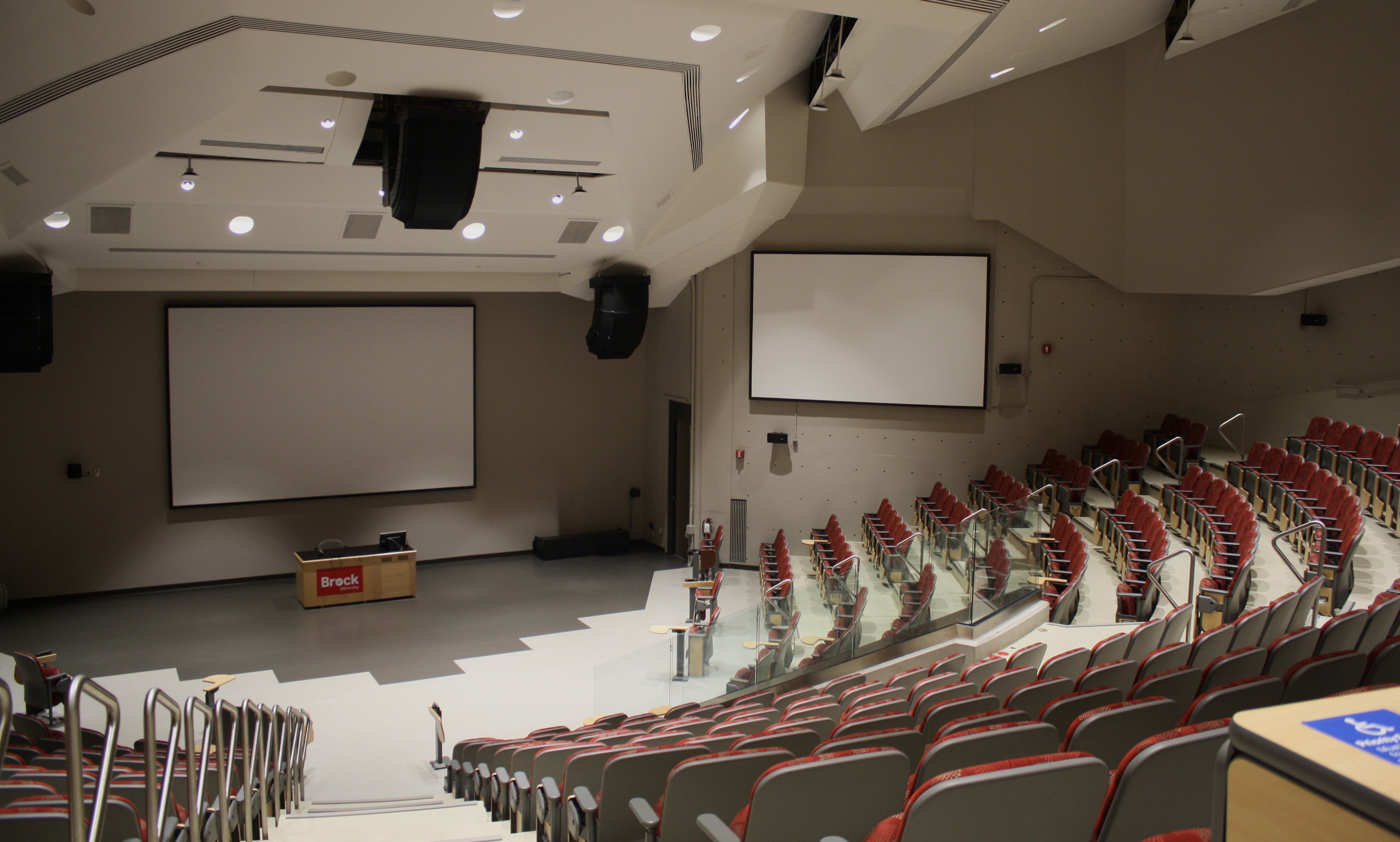Though it may not seem like it when we reach the thick of mid-semester stress, there is more to post-secondary education than essays and due dates. University teaches valuable professional skills and provides opportunities for enriching your social environment.
Whether you are coming straight from high school or the workforce, university will bring a change of atmosphere to your daily life; however, university also brings the freedom of exploring what methods of learning and socialization work best for you.
Here are three new experiences associated with starting university and some insight into how navigating them can help build skills that will hold value beyond student life.
Newfound scheduling freedom
From the classroom atmosphere to your daily schedule, post-secondary learning environments tend to encourage more independence in the structure of your day-to-day workload.
Though almost all classes do have set lecture, seminar or lab times — with the exception of asynchronous classes — the coursework for each class is mostly completed independently. This means that it is up to the student’s discretion as to when they will complete class readings, begin assignments and study for exams.
For some, the sudden flexibility might be overwhelming at first, especially if you are used to the firm and structured daily routine that high school life or a full-time job might offer.
Despite the stark contrast to other full-time learning or working environments, the relative lack of structure in one’s university schedule allows students to explore their learning styles and build their work week in a way that fits their life best.
For example, the freedom a university schedule brings allows students to craft their individualized work process; decide if they want to study on campus, at any of the various study spots near Brock’s campus or independently at home; and build their study schedule around employment demands or extracurriculars.
Building professional skills
In post-secondary environments, it is usually expected that you will approach communications with professors and teaching assistants using a formal tone.
This does not mean that students should feel uncomfortable approaching instructors with questions or curiosities about class materials, nor that students cannot engage in meaningful academic discussions with instructors. It simply means that communications are conducted in the ways each instructor outlines.
For example, almost all instructors can be easily reached by email and most instructors prefer that students follow proper etiquette when communicating via email.
According to Academic Position’s email etiquette guidelines, proper email etiquette includes an appropriate greeting, contextual information regarding which course you would like to discuss and a succinct subject line that conveys your reason for communicating, among other formalities.
Professional communication is not the only skill students will take with them outside of university. Everyday student skills such as concise notetaking, strengthening your work ethic and finding what learning process works best for you will also shape how you navigate future career environments.
New social opportunities
University brings a far larger social scope than high schools and most work environments do.
Approximately 19,000 students study at Brock across seven faculties with a plethora of programs in each one. Since many programs are multidisciplinary or require context credits in other disciplines, your social network stretches beyond those who share your major.
Though there are many opportunities to connect with peers in your lecture hall, smaller class environments — which tend to be mainly seminars or labs — allow students to meet their peers in atmospheres where collaboration and discussion is encouraged. These environments can help alleviate the initial anxiety that may come with making connections with new people.
Outside of academics, students can also meet new peers through events hosted by the Brock University Students’ Union (BUSU), such as BadgerFest — a week of events preceding the first week of school where students can meet each other and have fun on campus.
If you miss out on this September’s BadgerFest, don’t stress. BUSU holds events all year and hosts another week of events before the winter semester begins.
Students can also find new social environments through Brock’s many clubs, which can bring a deeper sense of community to the campus as well as opportunities for leadership.
Students can learn more about Brock’s clubs through BUSU’s website or BUSU’s annual Community Fair event, which shows off the various clubs that students can join throughout the school year. This year, the Community Fair will be taking place Sept. 2 and 3 from 10 a.m. to 3 p.m.
—
Though the changes that come with entering a university-level learning environment may seem intimidating at first, it is important to remember that no student is alone in this discomfort.
The new social and learning experiences first-year students delve into can take some getting used to, but don’t worry — before you know it, all the skills you build from these experiences will come naturally as you find your own way to settle into university life.

